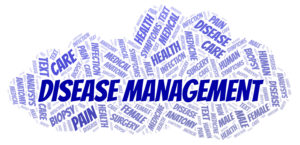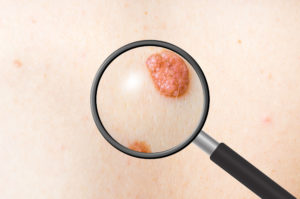Why Getting Enough Vitamin D Is Important in the Winter
 It is important to be sure we are getting a well-balanced combination of vitamins and minerals through our diets and supplementation if needed. When we don’t get enough of the vitamins and minerals the body needs, our health suffers. One of the most important vitamins we need every day is vitamin D.
It is important to be sure we are getting a well-balanced combination of vitamins and minerals through our diets and supplementation if needed. When we don’t get enough of the vitamins and minerals the body needs, our health suffers. One of the most important vitamins we need every day is vitamin D.
Why do we need vitamin D?
Vitamin D plays an important role in strengthening bones. It also contributes to the nerve, muscle, and immune health. People deficient in vitamin D are at greater risk of developing osteoporosis, bone disorders, diabetes, hypertension, and some types of cancer. There has even been a link discovered between low vitamin D levels and depression. Read More


 If you’ve ever been curious about what an internal medicine doctor does, you’re not alone. Many people wonder exactly what internal medicine is, or if they are even eligible to see this type of physician.
If you’ve ever been curious about what an internal medicine doctor does, you’re not alone. Many people wonder exactly what internal medicine is, or if they are even eligible to see this type of physician. According to the
According to the  A skin biopsy is the removal of layers of skin for laboratory analysis. This can be done right in your preferred doctor’s office and requires no recovery downtime.
A skin biopsy is the removal of layers of skin for laboratory analysis. This can be done right in your preferred doctor’s office and requires no recovery downtime. Chronic disease management
Chronic disease management Prebiotic and probiotic are terms you’ve likely seen in articles or advertising. But what exactly are prebiotics and probiotics? Do you need to choose one or the other? Is a supplement required, or can you get them from your diet? What are they even good for? Follow this guide for everything you need to know about probiotics and prebiotics.
Prebiotic and probiotic are terms you’ve likely seen in articles or advertising. But what exactly are prebiotics and probiotics? Do you need to choose one or the other? Is a supplement required, or can you get them from your diet? What are they even good for? Follow this guide for everything you need to know about probiotics and prebiotics. Alzheimer’s is a devastating disease that affects over half a million Floridians over age 65 each year. Cognitive decline may manifest at an earlier age than expected in patients who ultimately are diagnosed with Alzheimer’s disease. Some common early warning signs, according to The Alzheimer’s Association, include:
Alzheimer’s is a devastating disease that affects over half a million Floridians over age 65 each year. Cognitive decline may manifest at an earlier age than expected in patients who ultimately are diagnosed with Alzheimer’s disease. Some common early warning signs, according to The Alzheimer’s Association, include:

